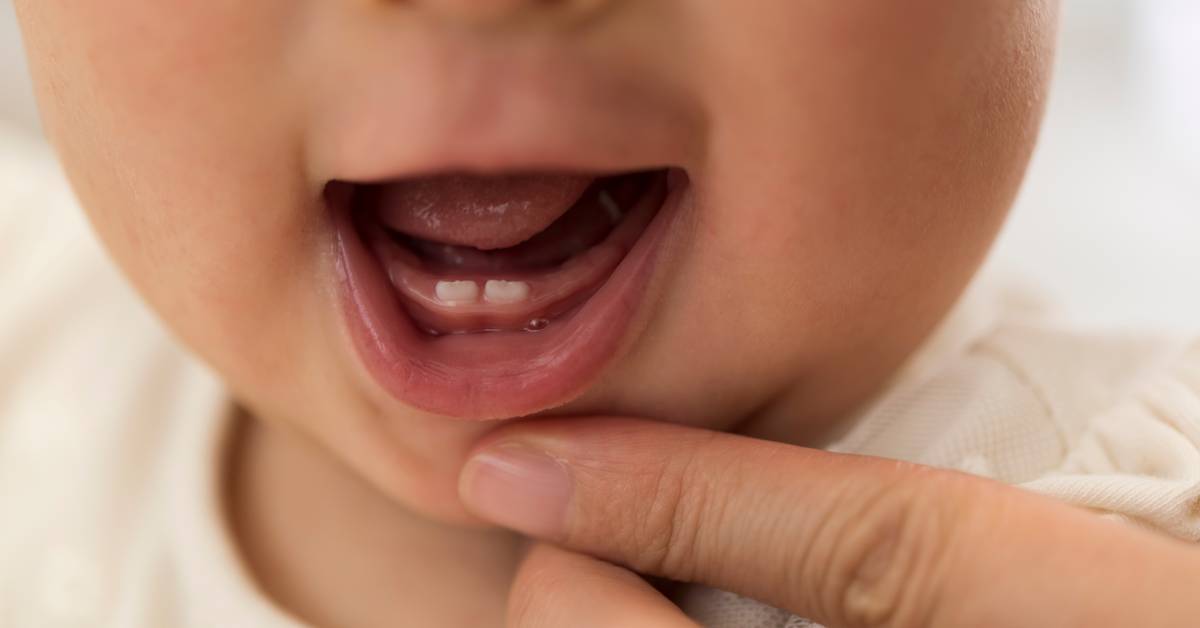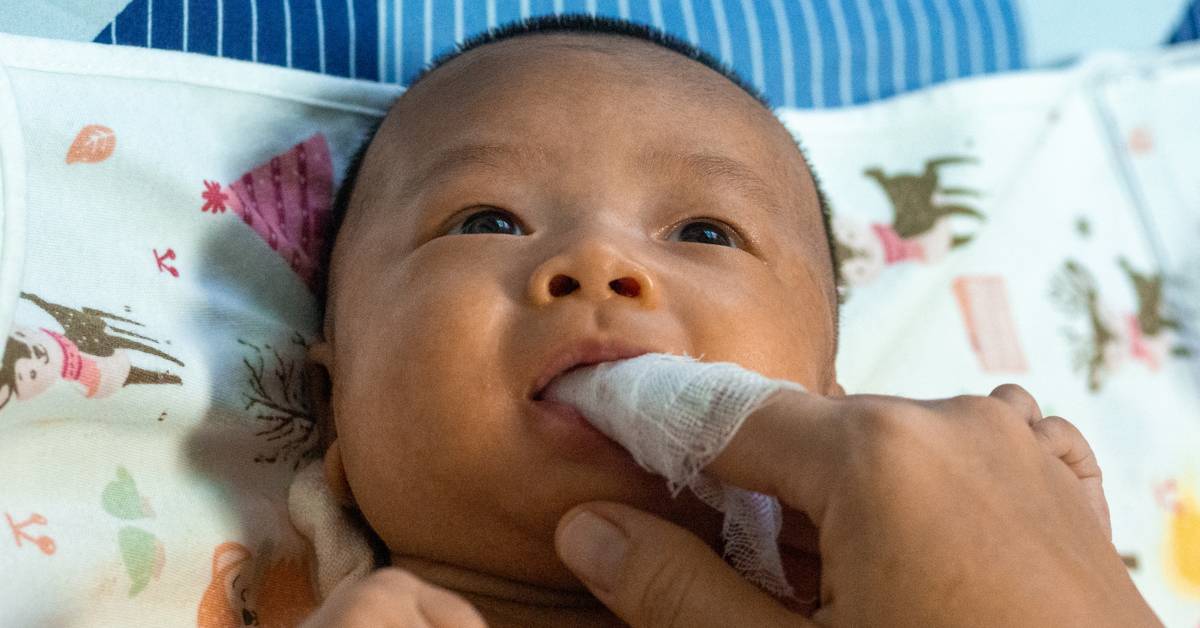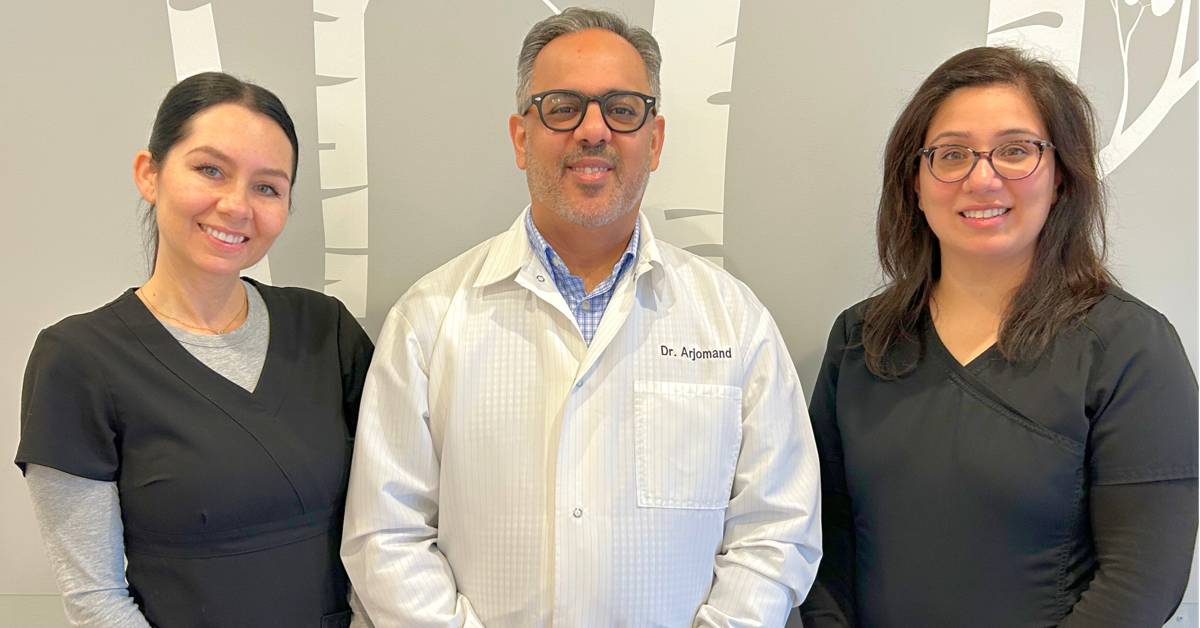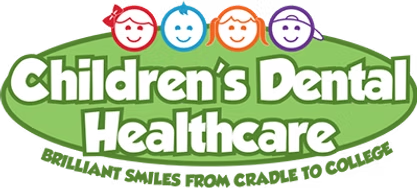
As new parents, your baby’s health is your top priority, including their dental health. Those tiny first teeth, often called baby or primary teeth, play a vital role in your child’s overall development. From helping them chew and speak to forming the foundation for their permanent teeth, baby teeth are more important than you might think.
At Children’s Dental Healthcare, we are passionate about building healthy habits and beautiful smiles for kids. We’ve created the ultimate guide to baby teeth to help you feel confident navigating this milestone. Whether you’re curious about when they’ll first appear, how to soothe teething discomfort, or when to introduce early dental care, we’ve got you covered.
When to Expect Baby Teeth to Erupt
Baby teeth typically start to appear between 6 to 10 months old, but every baby is different! Here’s a quick timeline to help you know what to expect:
- 6–10 months: The first lower front teeth (central incisors) usually appear.
- 8–12 months: The upper front teeth follow next.
- 9–16 months: The upper and lower side teeth (lateral incisors) come in.
- 13–19 months: First molars (back teeth for chewing) appear.
- 16–23 months: Canine teeth (pointy teeth next to molars) erupt.
- 23–33 months: Second molars make their debut.

By age 3, most children have a complete set of 20 baby teeth. But don’t worry if your little one doesn’t follow this exact schedule—some variation is completely normal
Common Teething Issues
Teething can be a challenging time for both babies and parents. Some common signs your baby is teething include:
- Excessive drooling
- Irritability or fussiness
- Swollen, tender gums
- Chewing on fingers, toys, or other objects
- Difficulty sleeping
- Mild temperature increase (but not fever)
Though these symptoms are normal, teething doesn’t have to be stressful. With the right tips and tricks, you can comfortably help your baby through this phase.
Tips for Comforting Teething Discomfort
When your baby is teething, here are some simple ways to ease their discomfort
- Massage Their Gums: Gently rub them with a clean finger to relieve them.
- Offer a Cold Teething Toy: A chilled (but not frozen) teething ring or washcloth can help soothe inflamed gums.
- Encourage Drinking Cool Water (if they’re old enough): Cool water in a sippy cup can be soothing for babies 6 months and older.

Avoid items like amber teething necklaces, as they can pose choking hazards.
The Importance of Early Oral Care
Baby teeth may be temporary, but their care has a lasting impact. Starting early oral care helps your child establish a lifetime of healthy dental habits. Here’s how:
- Before Teeth Come in: Clean your baby’s gums with a soft, damp cloth after feedings.
- Once Teeth Erupt: Switch to a soft baby toothbrush and use a tiny rice-sized amount of fluoride toothpaste.
- Flossing Matters Too: When two teeth touch, start flossing daily.
- Avoid Sugary Drinks (even juice) to prevent cavities.

Make oral care a fun and familiar part of your child’s routine to set a positive foundation for their dental health.
When to Schedule Your Child’s First Dental Visit
The American Academy of Pediatric Dentistry recommends scheduling your child’s first dental appointment by their first birthday or within six months of their first tooth appearing—whichever comes first.
Early visits are important for monitoring your child’s dental development, identifying potential problems, and educating parents on maintaining healthy oral habits. Plus, visiting the dentist early helps your child feel comfortable in the chair, ensuring a positive experience.
How a Pediatric Dentist Can Help
Choosing a pediatric dentist for your child means working with someone who cares for growing smiles. Pediatric dentists like Dr. Hooman Arjomand offer tailored care and expert advice, including:
- Monitoring teeth and jaw development
- Providing cavity prevention tips
- Treating early dental issues
- Creating a kid-friendly environment
Dr. Arjomand (Dr. A) understands the unique needs of children and their parents. A father of three and a seasoned pediatric dentist with specialized training from Tufts University, he’s passionate about building lifelong oral health for kids
At Children’s Dental Healthcare, Dr. Arjomand ensures each visit is a positive, informative, and welcoming experience. His one-doctor practice allows parents and kids to build trust and relationships with the same familiar face at every visit.

About Children’s Dental Healthcare
At Children’s Dental Healthcare, parents can expect a personalized approach to dentistry that encourages lifelong smiles for every child. Located in the Alton Village of Burlington, our practice proudly serves families across Hamilton, Halton, and Niagara regions.
Contact Us to Book Your Appointment
Do you have questions or need guidance about your child’s oral care? Your child’s smile is worth everything. Start your child’s oral care journey today with us.
We’re here to help!
Children’s Dental Healthcare
3051 Walkers Line, Unit 9
Burlington, ON, L7M 0W3
Phone: (905) 332-8880
Email: Burlington@ChildrensDentalHealthcare.com
Website: www.childrensdentalhealthcare.com
